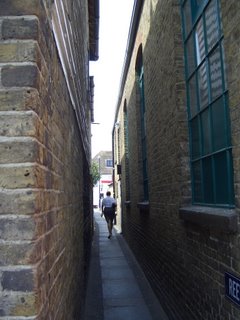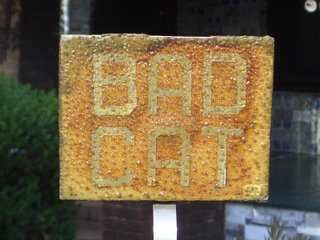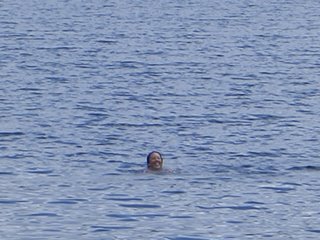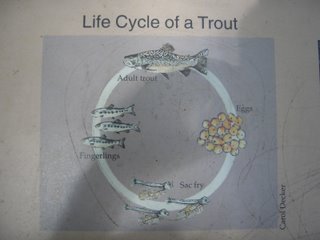Forms of Faith: religious change & artistic, literary, and musical culture in c16 Italy
 University of Leeds, 30 - 31 March 2007
University of Leeds, 30 - 31 March 2007This symposium will bring together a small number of specialists in the fields of Renaissance literature, music, history and history of art to address the question of the relationship between religious change and artistic form in sixteenth-century Italy. Specific issues to be addressed will include the ways in which religious developments are reflected in changing modes of literary expression (for example, the adoption of different modes of discourse - philosophical, Petrarchan, liturgical - in Christian poetry), techniques in the visual arts, and techniques in musical composition; and the role of changes in artistic form in shaping sixteenth-century religious sensibilities. All speakers will address current work in progress in extended papers of around an hour's duration.
Speakers will include:
Stephen Bowd (School of History and Classics, University of Edinburgh)
Chrysa Damianaki (Facoltà di Scienze della Formazione dell'Università di Lecce, Italy)
Iain Fenlon (Faculty of Music, University of Cambridge)
Alexander Nagel (Center for Advanced Study in the Visual Arts, Washington D.C.)
Tom Nichols (Department of History of Art, University of Aberdeen)
Noel O'Regan (Department of Music, University of Edinburgh)
Letizia Panizza (Department of Italian, Royal Holloway)
Raymond B. Waddington (Department of English, University of California at Davis)
The conference is organised by Abigail Brundin (Department of Italian, University of Cambridge) and Matthew Treherne (Department of Italian, University of Leeds), and is supported by the British Academy, the Leeds Humanities Research Institute, the MHRA, and the Department of Italian, University of Leeds.
Conference registration will open in late 2006. In the meantime, for further information, please contact Abigail Brundin: asb17@cam.ac.uk, or via Department of Italian, School of Modern Languages and Cultures, University of Leeds, Leeds, LS2 9JT.



































